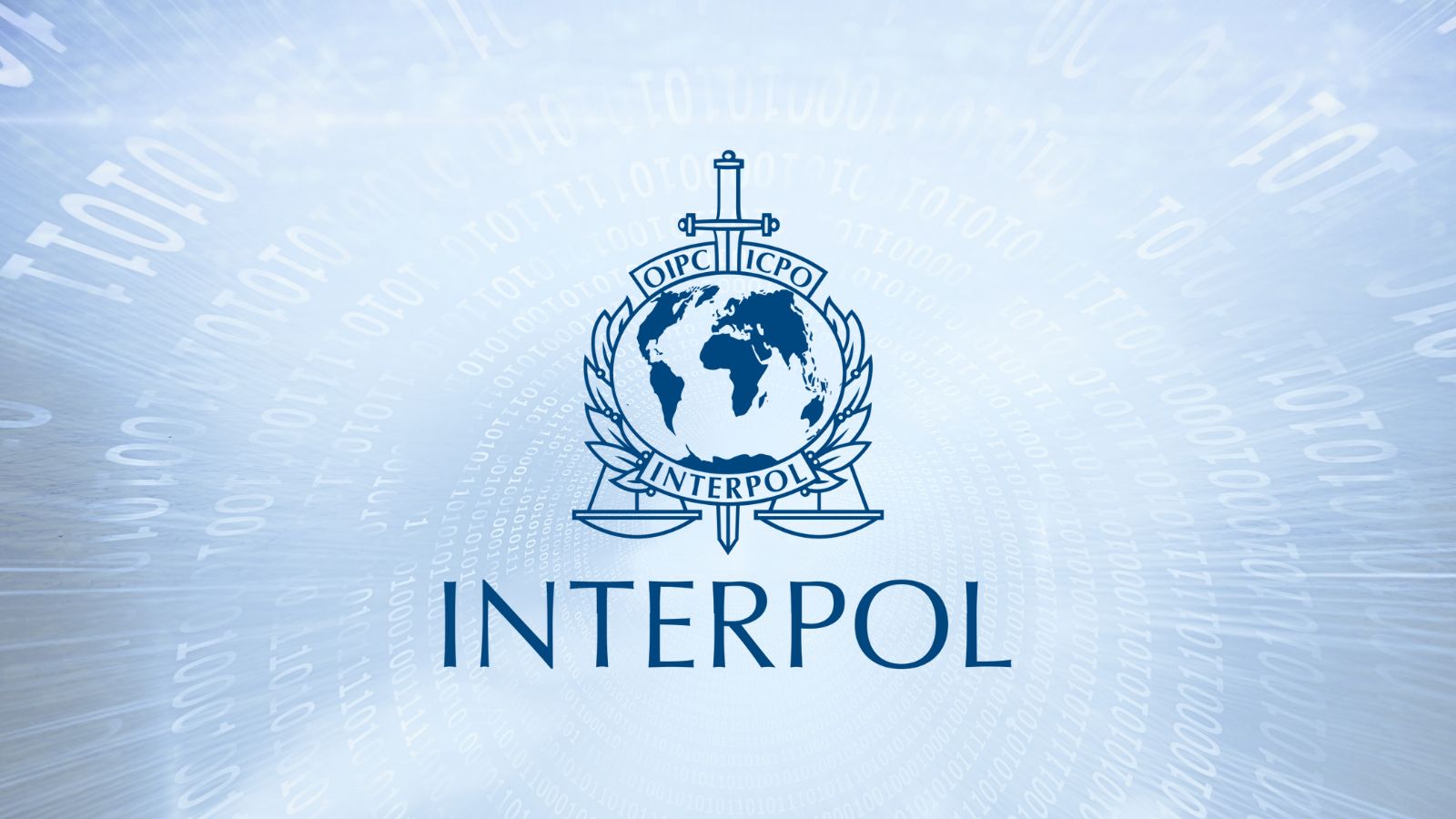
Google Complies with Russian Law and Removes Banned Sites from Search Results
- Google has removed 73% of the blacklisted domains in Russia, as per the law requirements.
- The company sustained pressure and fines in 2018, but still refused to filter its search results.
- Roscomnadzor is happy with the first steps taken by the US-based technology giant.
Russian authorities maintain a database of banned sites that they deem to be dangerous or risky for the people of the country, including gambling sites, pirate sites, and those that promote political opposition to their governmental approach. Companies who are engaged in Russia, such as Google, are expected to respect the federal law that compiles them to treat these websites as if they don’t exist. Google has had some trouble on that part, but has finally started removing domains that are in Russia’s blacklist from their search results, and has already stripped out about ¾ of the total entries.
The banned websites were already out of reach in Russia due to ISP (Internet Service Provider) restrictions, but Google still included them in the search results. After a last year’s tweaking in the law that forced search engines to take into account the FGIS (Unified Register of Prohibited Information) database, Yandex and Mail.ru complied with the new requirements immediately, but Google refused to comply and received a symbolic fine of what is the equivalent of $7595 in rubles. This wasn’t enough to convince the online giant to change the route, and in spite of several encouragements by Russian officials, the situation remained pretty much the same until very recently.
According to a Russian tech news outlet, Google agreed to cooperate with Russian’s internet watchdog agency “Roskomnadzor” in the start of this month, and so they received a comprehensive list of 120000 URLs that they are supposed to filter out of their search results. Out of these, about 88000 domains have already been blacklisted, but it has not been clarified whether the rest are pending removal or Google disagrees with their filtering. That said, it has not been made clear whether Google will review the blacklist entries before removal, or if they will blindly remove all domains in the list without further consideration.
Nevertheless, a Roscomnadzor spokesperson has spoken on behalf of the agency to express their satisfaction with the new turn of events, saying that: “Constructive dialogue and cooperation have been established between Roscomnadzor and Google. At the moment, we are satisfied with the results of this cooperation.” This practically means that no more pressure inducing fines against Google are in the agency’s pipeline for now.
Those who are the real victims of this situation are the Russian citizens who can’t freely access the internet. With the banning of such a massive collection of URLs from all search engines in the country, their idea of what’s really out there is getting further censored and distorted.
Are you confident that widespread blocks will be raised in countries like Russia any time in the foreseeable future? Let us know where you stand in the comments section below, and don’t forget to join discussions on this or other topics on our socials, on Facebook and Twitter.






